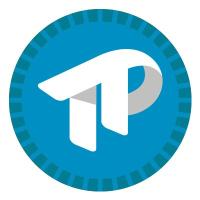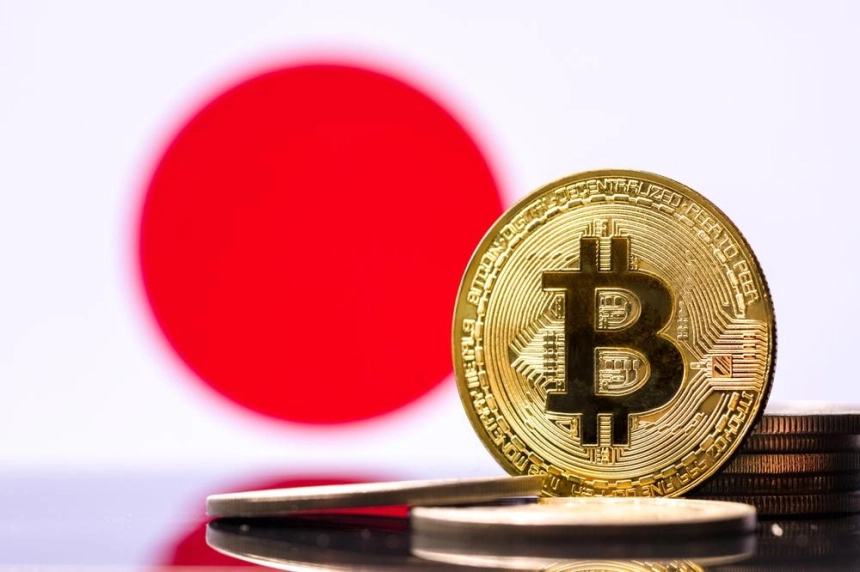
Global financial institutions are taking steps to address the structural limitations of the voluntary carbon market (VCM) by utilizing blockchain technology.
According to the Korea Internet & Security Agency's (KISA) 'Blockchain Technology, Policy, and Industry Trends' report on the 14th, major financial firms such as JP Morgan and Northern Trust are actively building token-based digital infrastructure in the carbon credit market. This is aimed at improving the fragmented carbon credit issuance system, low transparency, and inefficient trading practices.
The voluntary carbon market is a market where private companies or organizations autonomously trade emission rights acquired through greenhouse gas reduction activities, independent of government regulations. However, there have been criticisms that certification standards vary by issuing institution, making standardization difficult, and that verification and trading processes are primarily manual, reducing efficiency.
With blockchain technology introduction, emission rights can be converted into digital tokens including metadata such as price, issuance date, type, and region for integrated management. Additionally, the entire process from issuance to trading and retirement can be transparently tracked.
JP Morgan's blockchain division, 'Kinexis', is testing an app that tokenizes emission rights from the registration stage on its digital asset platform. Collaborating with S&P Global, EcoRegistry, and the International Carbon Registry (ICR), this platform supports standardized trading by linking real-time data with various market participants. The plan is to ultimately enhance payment efficiency by implementing 'Delivery versus Payment (DvP)' using central bank digital currencies (CBDC) or stablecoins.
Northern Trust launched the 'Carbon Ecosystem' last September, creating an environment to manage carbon credit lifecycles in real-time. In January, they added an almost real-time issuance feature, enabling project developers to quickly commercialize reduction achievements. Each credit now includes precise data such as carbon dioxide capture volume, power usage, capture time and location, enhancing transparency and reliability.
Northern Trust is also participating in 'Project Acacia', led by the Australian Central Bank, collaborating with the International Financial Communication Association (SWIFT) to conduct DvP settlement simulations between carbon credits and Australian dollars.







